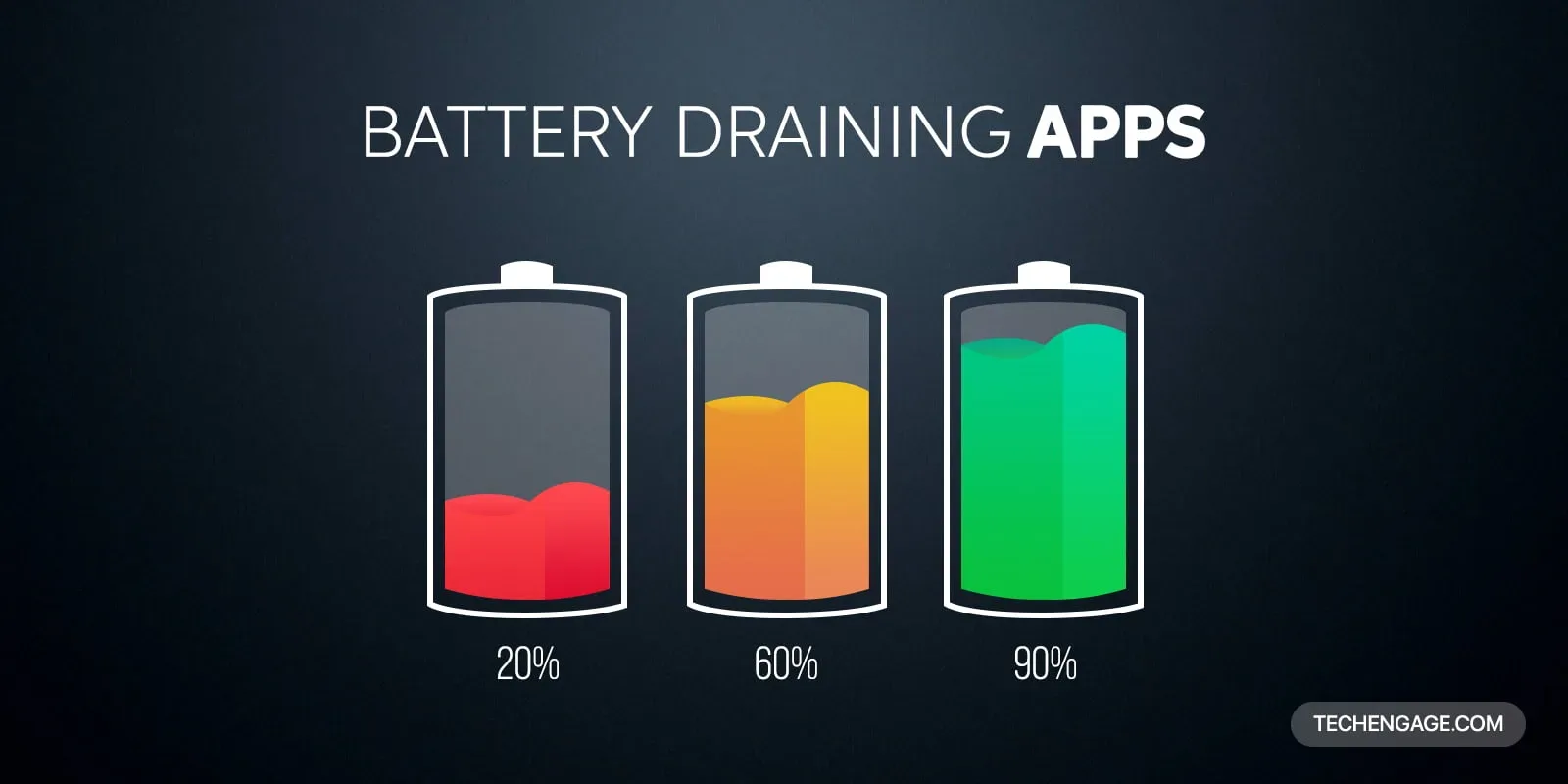Definition
The agile software development methodology refers to the iterative development of software where solutions and requirements evolve throughout the entire cycle of development by leveraging the collaboration between cross-functional self-organizing teams. It promotes a project management approach to software development that supports frequent adaptation to changes, leadership that encourages teamwork over management, incorporates engineering best practices that allow for the rapid delivery of high-quality software, and prioritizes the alignment of company goals with development.
Purpose
All testing and development activities in this approach to custom software development occur simultaneously, which is unlike any other custom software development methodology. It also promotes face-to-face communication and teamwork, where developers and clients must work intimately to develop the product over many iterations. The objective of agile software development is for teams to deliver value fast, with greater predictability and quality, and with a greater capacity to respond to change.
Values
The agile methodology has some intrinsic values that it strictly adheres to, which include:
- Individuals and their interactions over tools and processes
Processes and tools are important, but having competent individuals working alongside each other effectively is more so important.
- Working software over meticulous documentation
Good documentation is useful to help people understand how to use the software and how it was built, but the main objective is to create software, not documentation.
- Mutually beneficial collaboration over contract negotiations
Although contracts are important for every custom software development project, they cannot substitute collaborating with clients to build their product and discover their needs.
- Responding to continuous change over following a pre-set plan
Project plans are vital but must not be so rigid that they are not able to accommodate changes in technology or the environment, evolving stakeholder’s priorities, or a maturing understanding of the problem and how to solve it.
Why Is Agile Methodology Better?
To begin to understand why it is better than other custom software development alternatives, you must first understand the difference between the waterfall model and agile methodology.
The Waterfall Model
This traditional model of custom software development relies on the software development phases flowing sequentially from the starting point to the endpoint in chronological order. All the features are developed and delivered at once, as soon as the long implementation phase comes to an end. It is only at this point that the client can see the product, as they are not involved in the development of the product in any way once the product requirements and specifications are outlined in the contract. The Waterfall Model for software development is also considered highly structured as it follows a rigid plan of execution. Product testing is reserved to the end of the product lifecycle because all the parts are not fully functional until the end. This testing phase is carried out entirely by testers, who work separately from the developers. And finally, user acceptance is only performed once the software is completed and not after every stage.
The Agile Methodology
There are many reasons why agile methodology is considered superior to the traditional model. For one, it is focused on the client and ensures that they were intrinsically involved in every stage of the software development cycle. Agile teams are also more motivated and self-organized than traditional software development teams because they take ownership of their own contribution to the project, instead of being told what to do. Because clients have complete access to the developers and the product being developed, they can make changes as frequently as they are needed. Many iterations also mean that very little time is wasted as very little planning is required ahead of time to complete each phase. In agile testing, the new features that are shipped can be used as soon as the iteration ended. And finally, user acceptance is performed at the end of every 2 to 4-week sprint, which allows the clients to constantly evaluate whether the product they are developing meets their business requirements or needs to be revised.
The agile methodology for custom software development has fast become the benchmark that all other methodologies have to meet in order to be deemed useful. Because of its focus on collaborating with clients instead of intense contract negotiations and its dependence on working software instead of comprehensive documentation, this methodology has been shown to save time, yield better results, and improve software performance. Responding to continuous change also reduces the risk that the final product no longer meets the client’s needs. For these reasons and more, the agile methodology is considered better than all the other options in the market at present.



